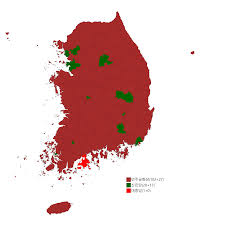The Capitol: A Symbol of American Democracy

Introduction
The Capitol, located in Washington, D.C., is not only a remarkable architectural feat but also symbolizes the foundation of American democracy. As the home of the United States Congress, it is where vital legislative decisions are made, shaping the future of the nation. Understanding the Capitol’s role and significance is crucial, especially in the context of recent political events and ongoing debates about governance and democracy.
The Role of the Capitol
The U.S. Capitol serves as the meeting place for the Senate and the House of Representatives. Established in 1793 and completed in its current form in 1868, the building reflects the evolution of the American legislative process. It houses legislative chambers, committee rooms, and offices for lawmakers, as well as the historical Capitol Visitor Center, which welcomes millions eager to learn about the nation’s legislative history.
Recent Events
In recent years, the Capitol has been the backdrop for significant events that have drawn national and global attention. The most notable was the attack on January 6, 2021, when a mob stormed the building in an attempt to overturn the results of the 2020 presidential election. This unprecedented act of violence raised alarms about the fragility of democracy in the U.S. and led to increased security measures around the site. In the aftermath, Congress has been engaged in discussions about the security protocols and the political narratives that fuel division within the country.
Significance for the Future
The Capitol remains a powerful symbol of the American democratic process, but its significance extends beyond just the political realm. It is a reminder of the values upon which the nation was built—liberty, democracy, and justice for all. As the U.S. faces ongoing challenges, including political polarization and global crises, the Capitol serves as a rallying point for citizens advocating for their voices to be heard.
Conclusion
The future of the Capitol—and what it represents—depends on the actions of those within and beyond its walls. As ongoing debates about the governance, security, and inclusivity of the democratic process continue, it is essential for citizens to remain engaged and aware of the Capitol’s role in shaping their lives. Whether as a place of legislative deliberation or a symbol of resilience and hope, the Capitol will undoubtedly remain at the forefront of American democracy.









